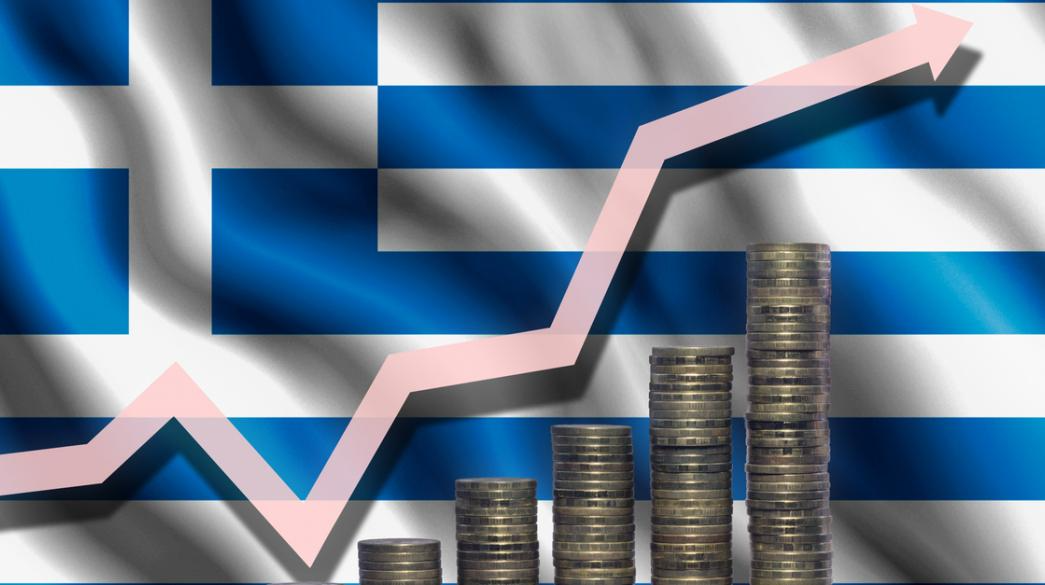
Foreign direct investment (FDI) in Greece has increased significantly over the last three years compared to the previous period, according to a recent OECD report (FDI in Figures).
From an average of $4.15 billion in the three-year period 2017–2019, they reached $6.7 billion in the three-year period 2021–2023, an increase of 62% as the Greek economy experienced significant growth rates.
In 2020, they had fallen to $3.2 billion, but this was due to the coronavirus pandemic that led to a halt in economic activity, with global FDI plunging 58% in that year.
In 2021, FDI in Greece soared to $6.3 billion to reach an all-time high of $8.4 billion in 2022. Last year, they fell to $5.4 billion, a level that is nevertheless higher than in the years 2017–2019.
According to the OECD, FDI involves the acquisition of equity capital, often through mergers and acquisitions or the creation of new production units, reinvestment of profits, and intra-company borrowing.
The total stock of FDI inward positions in Greece increased in 2022 to $50.8 billion, or 23.2% of GDP.
The increase in direct investment by Greek companies abroad was also spectacular, a development that also reflects the strengthening of the Greek economy. From an average of just $429 million in 2017–2021, it jumped to $2.8 billion over the three-year period 2021–2023. In fact, they continued to grow in 2023, reaching almost $4 billion. The total stock of investment by Greek firms abroad (FDI Outward Position) amounted to $16.7 billion, or 7.7% of GDP, in 2022.
Globally, 2023 was a difficult year for FDI due to the deteriorating economic environment, with inflation and rising interest rates negatively affecting growth, particularly in the Eurozone, and the geopolitical situation, with the war in Ukraine and the crisis in the Middle East weighing on the climate.






